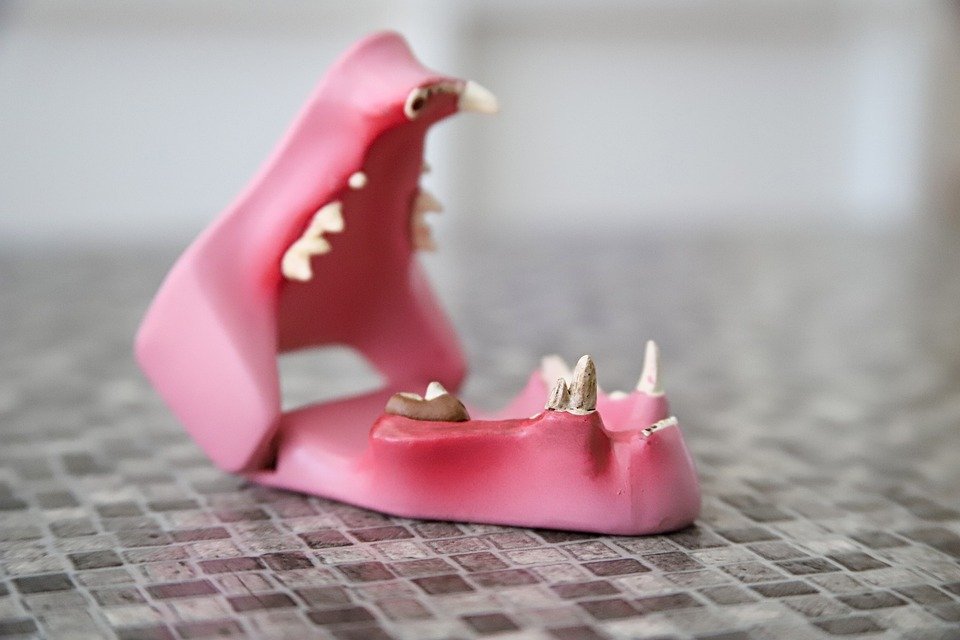How can I maximize the value of my dental consultation
Okay, so I have a consultation scheduled with a new dentist next week, and I really want to make the most of it. I’ve been putting it off for a while because, honestly, dentists make me nervous. But I know I need to go. I’m not necessarily expecting a ton of work to be done, but I’ve noticed some sensitivity on one side of my mouth when I eat cold things, and I’m also just generally curious about preventative care options tailored for me. I’ve been brushing and flossing pretty consistently, but I’m wondering if there’s anything else I should be doing.
Specifically, I want to be prepared to ask the right questions so I can understand my current oral health, potential problems down the road, and the dentist’s recommended treatment plan (and, realistically, the cost of everything!). I also want to gauge whether this dentist is a good fit for me long-term. What questions should I specifically ask? What information should I bring? How can I be sure I’m understanding everything the dentist is telling me? I’m really trying to be proactive about this. Thanks!
Answer
To maximize the value of your dental consultation, consider these strategies:
Before the Consultation:
-
Research the Dentist and Practice: Look into the dentist’s credentials, experience, areas of expertise, and patient reviews. Understand the practice’s philosophy (e.g., preventative, cosmetic, family-oriented). This helps you assess if the dentist and practice align with your needs and preferences.
-
Identify Your Concerns and Goals: Clearly define why you are seeking the consultation. Is it for a specific problem (toothache, chipped tooth), a general check-up, or a cosmetic concern (teeth whitening, straightening)? Write down a list of your concerns, questions, and desired outcomes. Prioritize this list to ensure you cover the most important points.
-
Gather Relevant Information: Compile your dental history, including previous treatments, allergies (especially to medications and latex), and any anxieties or phobias related to dental work. If you have recent dental records or X-rays from a previous dentist, request them and bring them with you (or have them sent ahead of time). Also, note any medications you are currently taking and any relevant medical conditions.
- Understand Your Insurance Coverage: Familiarize yourself with your dental insurance policy. Know what procedures are covered, the percentage of coverage, your annual maximum, and any waiting periods. This will help you understand the potential costs associated with any recommended treatment.
During the Consultation:
-
Arrive Prepared and On Time: Being punctual shows respect for the dentist’s time and allows you ample time to complete any necessary paperwork.
-
Be Clear and Concise When Describing Your Concerns: Explain your symptoms, concerns, and goals in a clear and straightforward manner. Be specific about the location and duration of any pain or discomfort.
-
Ask Questions: Don’t hesitate to ask questions about anything you don’t understand. Ask about the dentist’s diagnosis, treatment options, the pros and cons of each option, the expected outcomes, the risks involved, the cost of treatment, and the timeline. Also, inquire about the dentist’s experience with the proposed procedures.
-
Actively Listen and Take Notes: Pay close attention to the dentist’s explanations and recommendations. Take notes to help you remember the key points discussed. This will be helpful when you are making decisions about your treatment plan.
-
Be Open to Recommendations: While it’s important to have your own goals, be open to the dentist’s professional assessment and recommendations. They may identify underlying issues that you were not aware of.
-
Discuss All Treatment Options: Ensure you understand all available treatment options, including the option of doing nothing (if appropriate). Discuss the advantages and disadvantages of each option, as well as the short-term and long-term consequences.
-
Address Concerns About Pain and Anxiety: If you have concerns about pain or anxiety related to dental treatment, discuss these concerns with the dentist. They may be able to offer techniques such as local anesthesia, sedation dentistry, or relaxation techniques to help you feel more comfortable.
- Inquire About Payment Options and Financing: Discuss the cost of treatment and payment options. Many dental offices offer payment plans or financing options to make treatment more affordable.
After the Consultation:
-
Review Your Notes and Treatment Plan: Carefully review your notes from the consultation and the proposed treatment plan. Make sure you understand all aspects of the plan and that it aligns with your goals and budget.
-
Get a Written Treatment Plan and Cost Estimate: Request a written treatment plan that outlines the proposed procedures, the estimated costs, and the timeline. This will provide you with a clear understanding of the treatment process and associated expenses.
-
Seek a Second Opinion (If Necessary): If you are unsure about the diagnosis or treatment plan, consider seeking a second opinion from another dentist. This can provide you with additional information and help you make a more informed decision.
-
Follow Up with Questions: If you have any additional questions after the consultation, don’t hesitate to contact the dental office.
- Schedule Your Next Appointment (If Appropriate): If you are comfortable with the dentist and the proposed treatment plan, schedule your next appointment to begin treatment.
By following these strategies, you can make the most of your dental consultation and ensure that you receive the best possible care for your oral health needs.

Post Comment